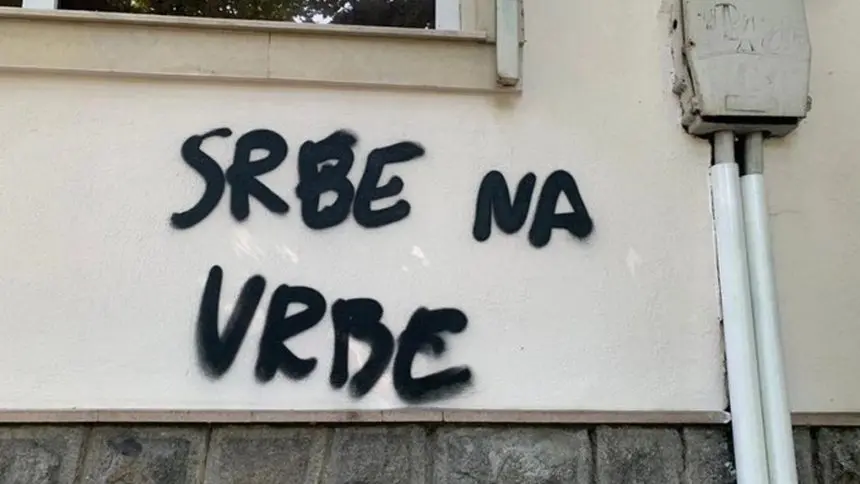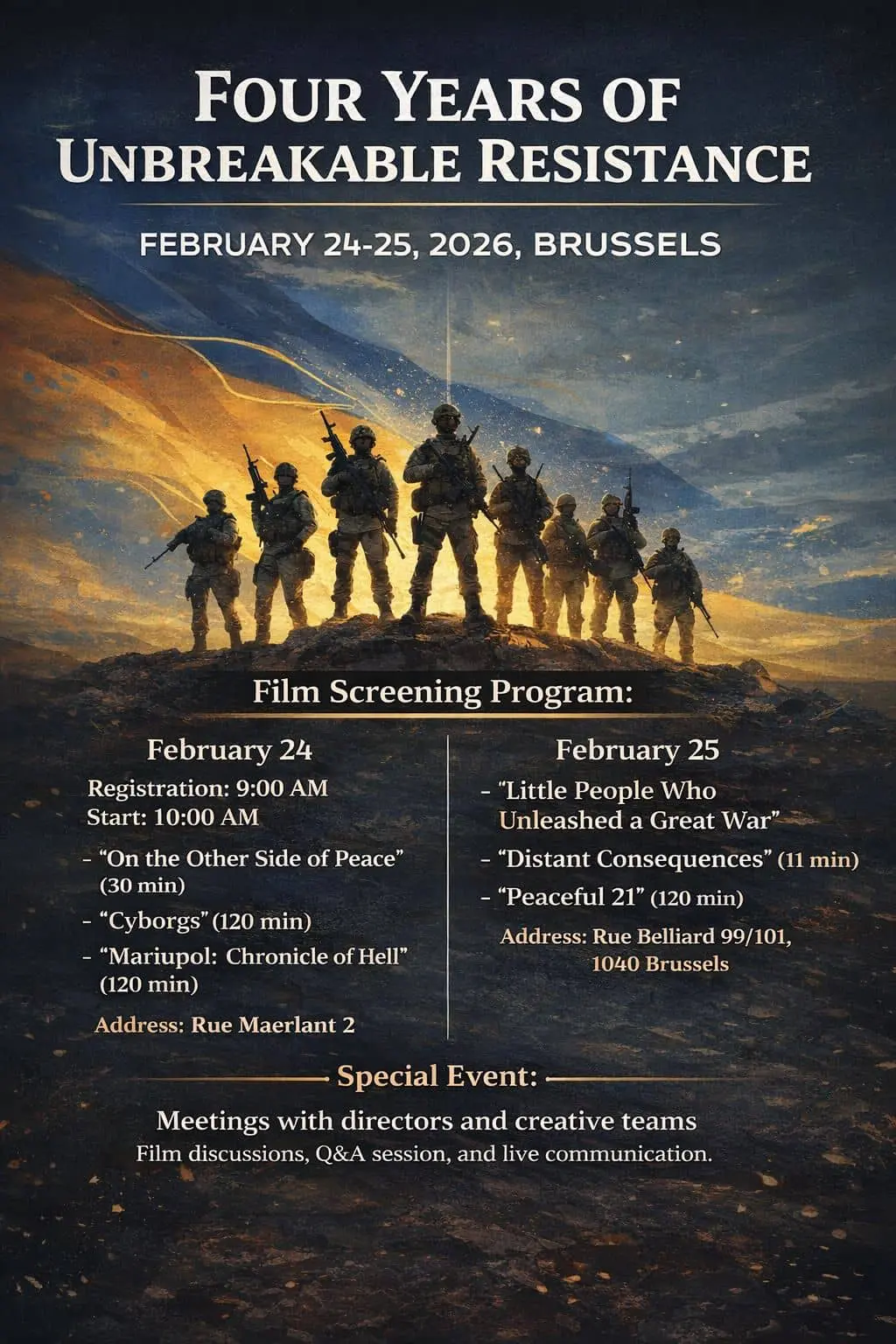The Ministry of Foreign Affairs of the Republic of Bulgaria strongly condemns the act of vandalism against the Honorary Consulate of the Republic of Serbia in the city of Plovdiv, the institution said in a statement.
This came after publications labeled “Serbs on willows” prompted Belgrade to turn to Sofia authorities.
“The use of hate speech against any state and its citizens, as well as the insult and material damage to foreign diplomatic and / or consular missions, are contrary to democratic values and in violation of international law,” the Bulgarian institution continues. “The Foreign Ministry is confident that the perpetrators of this act will be found and brought to justice, and bilateral relations with the Republic of Serbia will continue to develop in a spirit of good neighborliness and friendship.”
The slogan became popular among the Ustashas in persecuting Serbs during the creation of the puppet Independent Croatian State during World War II (including the territories of present-day Serbia, Bosnia and Herzegovina and Slovenia), although it appeared decades earlier. It is still used today by some nationalists in Croatia.
Serbian media reacted quickly, and the Belgrade embassy in Sofia officially notified Bulgarian institutions of an “unequivocal act of hatred” and called for the culprit to be found. “This is a call for the most heinous mass crimes against Serbs,” the foreign ministry explained in Belgrade, and later referred to Croatia’s actions in the war of the 1990s.
“We are convinced that this is not a provocation of the Bulgarian citizens, as our countries and peoples have established a high level of trust and friendly relations.”
Usually sharp reactions between Serbia and Bulgaria are followed by comments from Belgrade officials on politics in Sofia or on history.
Unlike the immediate reaction of the Bulgarian authorities, official Belgrade reacted with silence in early February 2021 after insults (“Beasts that kill”) to Bulgaria from an academy linked to the services.







